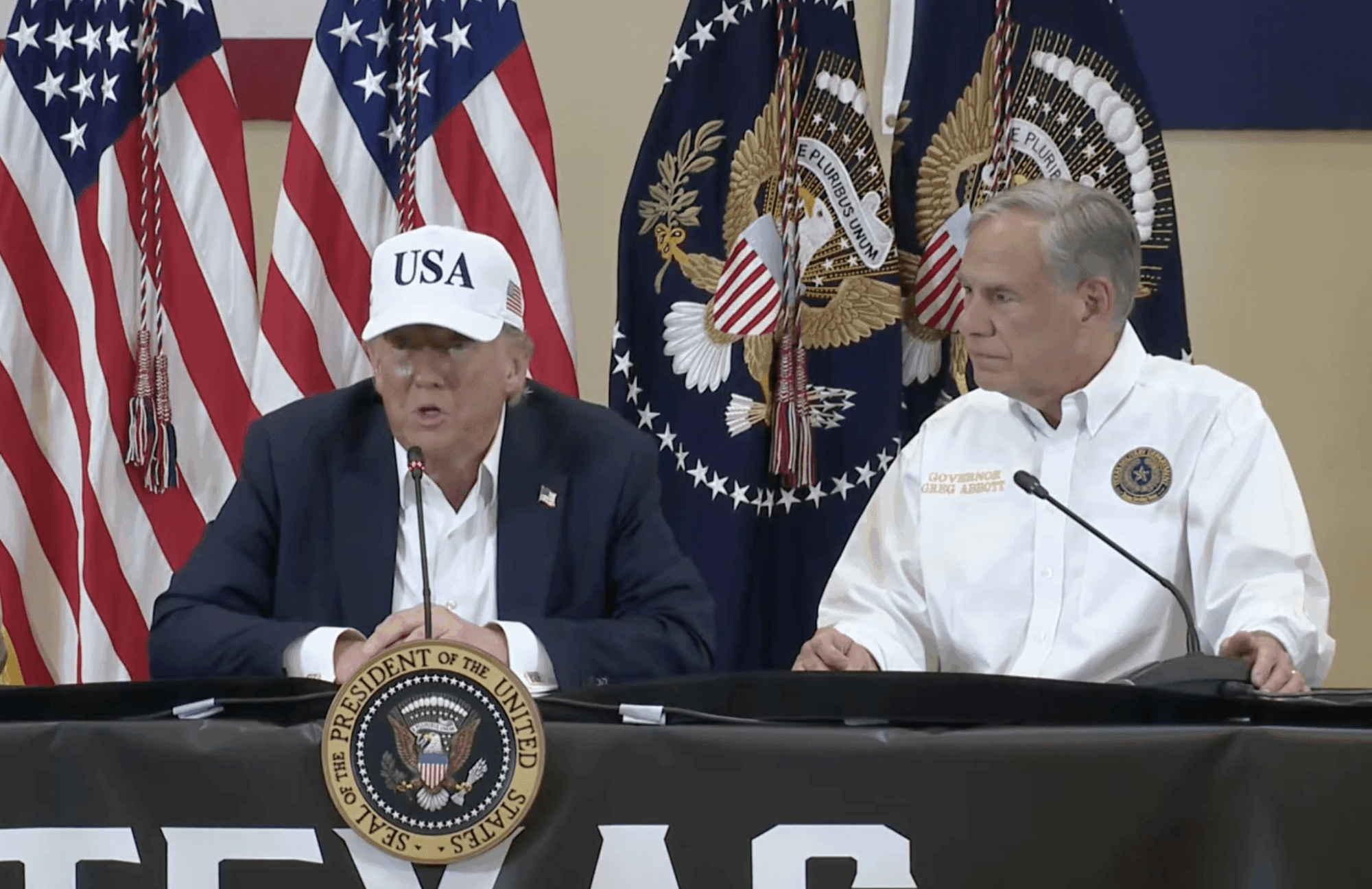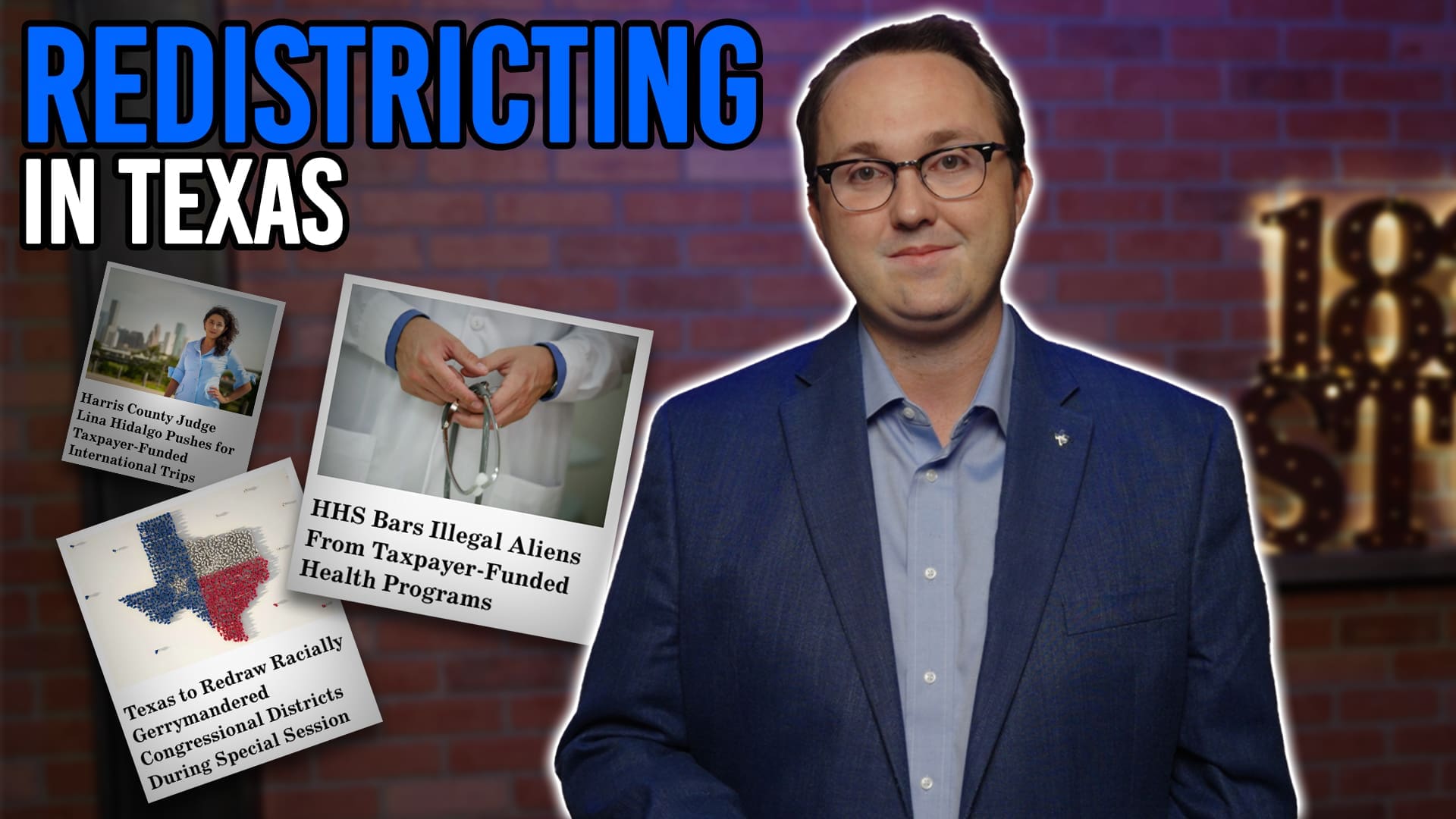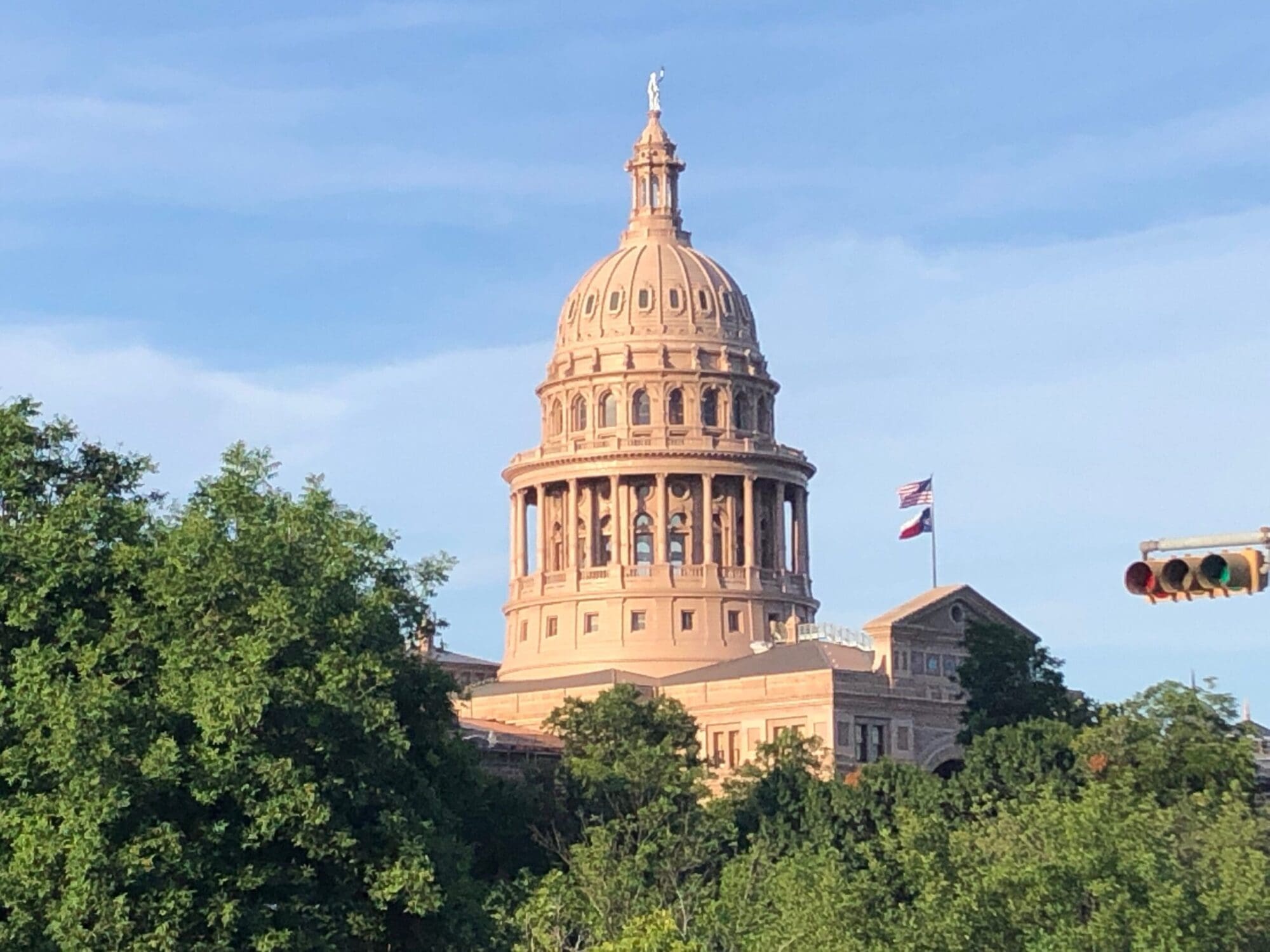On Friday, President Donald Trump announced he is waiving interest on all federally held student loan debt for what is expected to be the remainder of 2020—a decision that should lead to the average student loan-holding Texan more than $1,000 over the next year.
“To help our students and their families, I’ve waived interest on all student loans held by federal government agencies, and that will be until further notice,” Trump said during a Rose Garden address where he declared a national emergency over the coronavirus epidemic that’s gripped the nation. “That’s a big thing for a lot of students that are left in the middle right now. Many of those schools have been closed.”
It’s not clear how much money the interest waiver could save borrowers, and much will vary depending on long the administration keeps the waiver in place, how the economy reacts, and other factors. However, the amount is expected to be substantial. In 2019 alone, the Education Department reported that it charged more than $100 billion in interest to student loan borrowers.
To calculate how much an average Texas borrower should save, we pulled together the state’s statistics and federal loan rates, then applied them to an average student. Here’s what we found:
According to a study conducted last summer by WalletHub, more than half of the Lone Star State’s students have loan debt. The average amount held? Around $27,000.
While a healthy portion of that figure is undoubtedly in private student loans, which can have interest rates up to 13 percent, the majority of it should be in federal loans as students are advised to take advantage of the lower interest rates first.
Significantly cheaper than the private options, federal loans have been offered at as low as 3.4 percent (direct subsidized) to as high as 6.8 percent (unsubsidized), with most students having a mix of both, paying an effective interest rate of around 5 percent.
If we assume an average Texan with an average amount of federal student loan debt is paying an average effective interest rate, we can calculate that he would save roughly $1,012.50 in interest payments over the next year.
Importantly, however, these savings won’t go towards reducing the monthly payments on these loans. Instead, they’ll be applied entirely to principal—meaning that borrowers will enjoy even greater savings over time.
And that’s just in regards to federal student loans. The federal government also offers what are known as PLUS loans to parents of borrowers. Over time, those rates have varied from a low of 6.31 percent in July of 2016 to a high of 7.9 percent in 2013.
It is not yet known if interest has been suspended on those loans as well. Requests for that information have been filed with multiple congressional offices and federal agencies. Should the interest payments on these loans be waived also, even more households would enjoy significant savings.
Meanwhile, with record-low interest rates, refinancing private debt (whether it be a student loan, car loan, or mortgage) could be a good option for many Texans.
With the world economy and everyday life thrown into flux by the coronavirus, and with no clear understanding of what might come next or when life may return to normal, a discerning review of every household’s finances is likely a good idea.





